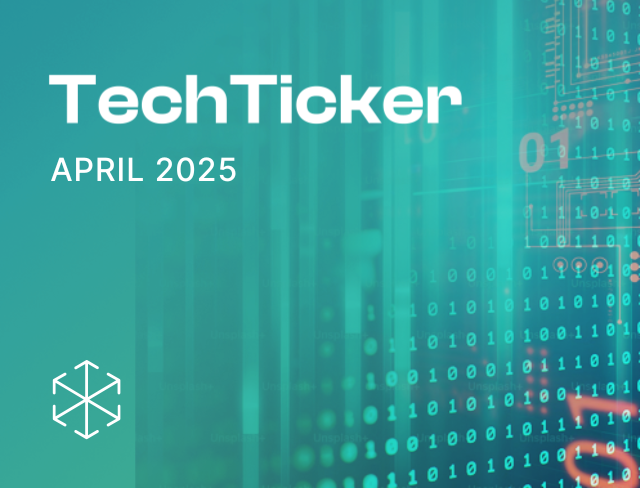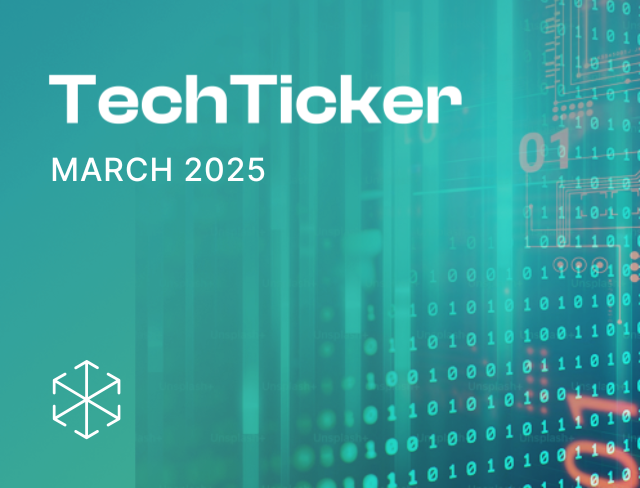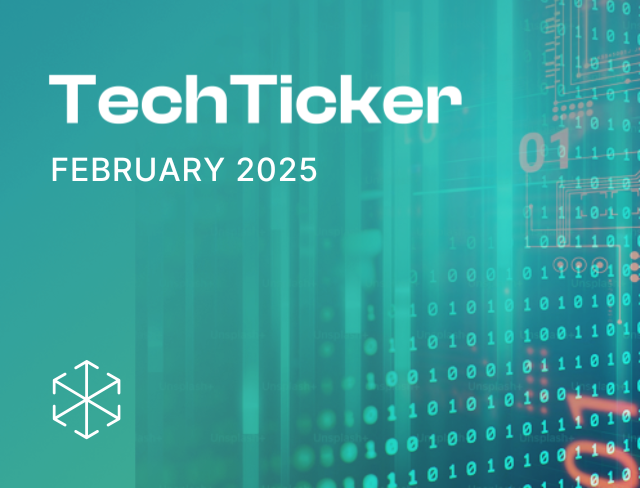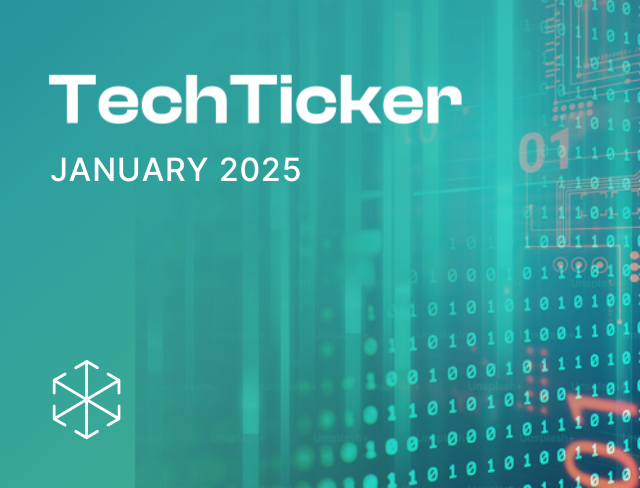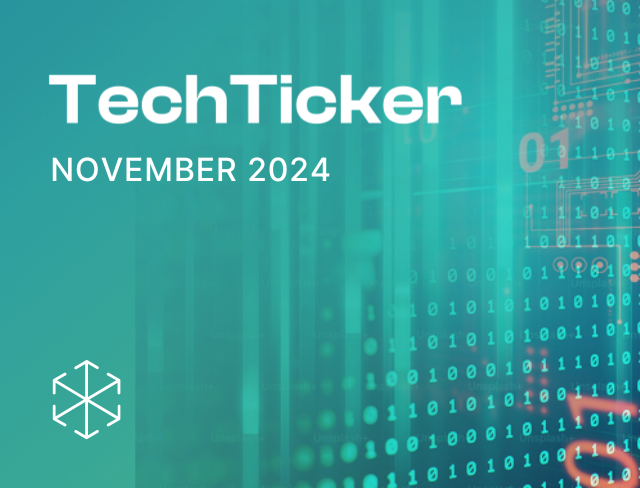Healthtech law roundup
-
New drugs bill to target online sale of drugs: The government may be able to notify regulations, restrictions, or bans of online sale of medicines under the Drugs Medical Devices and Cosmetics Bill 2023. The bill is pending cabinet approval but is on the Parliament’s to-do list for the ongoing Monsoon Session. Earlier, organisations like the Confederation of All India Traders, and All India Organisation of Chemists and Druggists have flagged concerns on epharmacies’ practices including deep-discounting, use of patient data, and how they ensure the validity of prescriptions. The Pharmacy Council of India’s President, Dr. Montu M Patel also highlighted the lack of clarity on whether registered trained pharmacists are currently used by pharmacies..
-
Medical devices’ industry bodies have inputs on the new drugs bill: The Medical Technology Association of India (MTaI) and the Association of Indian Medical Device Industry (AiMed) noted that the Drugs Medical Devices and Cosmetics Bill 2023 has not been released publicly, and sought opportunities to consult with the Indian government before it is finalised. AiMed called for a separate law for medical devices and wrote to the Union Health Minister, Mansukh Mandaviya. The minister reportedly assured AiMed that the industry’s concerns will be addressed before the bill is passed.
-
2 key health-related bill passed in the lower house of Parliament: The National Nursing and Midwifery Commission Bill, 2023 and the National Dental Commission Bill, 2023 were passed in the Lok Sabha. Both bills are intended to repeal Indian Nursing Council Act, 1947, and the Dentists Act 1948 respectively, and to improve the quality of nursing and dental education in India. The Union Health Minister, Mansukh Mandaviya, said that the bills will create quality workforces in both sectors, to serve patients in India and abroad. If the bills become law, healthtech apps may need to list or provide nurses and dentists who meet the standards of these bills
-
Jan Vishwas Bill passage impacts penalties in drugs law: The Jan Vishwas (Amendment of Provisions) Bill, 2023, was passed in the Lok Sabha. The bill was passed to promote ease of doing business, by decriminalising activities under 42 laws including the Drugs and Cosmetics Act 1940 (DCA). Changes include allowing companies to reach other arrangements (Compounding) instead of going through a legal proceeding for drugs that do not meet quality standards. Experts argue that this will lead to drugs manufacturers making substandard drugs. Seeking to allay these concerns, Union Health Minister, Mansukh Mandaviya said that Compounding was offered as a mechanism for resolution of the litigation, and not to decriminalise the offence. The DCA’s definition of ‘drugs’ includes ‘medical devices’, and penalties for offences related to medical devices are covered in the DCA.
-
Cabinet approves special scheme for innovation in pharmaceuticals and MedTech: In its July 2023 meeting, the Union Cabinet approved INR 5000 crore for the “Promotion of Research & Innovation in Pharma-MedTech”.
Digital health roundup
-
National Health Authority (NHA) launches ‘microsites’ program to drive digital healthcare adoption: In May 2023 the NHA released guidelines to set up ‘microsites’ under the Ayushman Bharat Digital Health Mission (ABDM) to enhance digital healthcare adoption through the ABDM. The microsites will encourage private hospital participation in the ABDM, showcase end-to-end ABDM adoption, and assessing with on-ground feedback, ABDM integration to enhance ABDM policies and drive ABDM adoption. There are guidelines for operating these microsites, including size specifications of the hospitals/facilities (e.g., number of beds, specialities). On 28 July 2023, the NHA launched 100 microsites across India, where the patient journey will be digitised end-to-end.
-
Tele-MANAS performance since October 2022 and what’s on Indians’ minds: According to the Union Health Ministry, the Tele Mental Health Assistance and Networking Across States (Tele-MANAS) has answered 2,00,000 calls, pan India. There are 42 operational Tele-MANAS cells offering support in 20 languages, with 1900 trained counsellors. Callers needing specialist care are linked to appropriate services or nearby healthcare facilities. So far, nationally, Tele-MANAS has provided support for sadness, sleep disturbance, stress, and anxiety. In Maharashtra almost 70% of the callers are male, with most calls from Kolhapur.
-
King George Hospital in Kerala to go digital: The hospital will get corporate social responsibility funding of INR 50 lakh from State Bank of India to become an e-hospital. Patients’ Aadhaar number will be linked through a ‘Picture Archiving Communication System’. And their electronic health records like x-rays and blood work would be stored to be made available to all hospital departments through LAN.
Public health roundup
-
Delhi government asks pharmacies not to sell certain drugs without prescription: The Department of Drugs Control in Delhi aims to ensure that drugs like aspirin and ibuprofen are sold only with a prescription. Additionally, the department has asked chemists to keep a record of the stocks of such painkiller drugs. The move is intended to tackle the infectious dengue season. The drugs in question reportedly interfere with the blood platelets’ functioning and increase risk of contracting dengue
-
AiMed asks for recall of Environment Ministry’s order allowing import of pre-owned medical devices: AiMed alleges that the order will impact the Make in India mission, make it harder for local manufacturers to compete with international ones, and subject Indian patients to unsafe and uncalibrated medical devices. Among other devices, the order reportedly includes devices for scans like mammograms, MRI, CT and PET. The order exempts these devices from the Hazardous and Other Wastes (Management and Transboundary Movement) Rules, 2016 which prohibits importing ‘used critical care medical equipment for re-use’. In 2020, the ministry allowed import of used ventilators during the COVID-19 pandemic.
Author credits: This newsletter is brought to you by our health-tech team.
Image credits: Ikigai Designs

